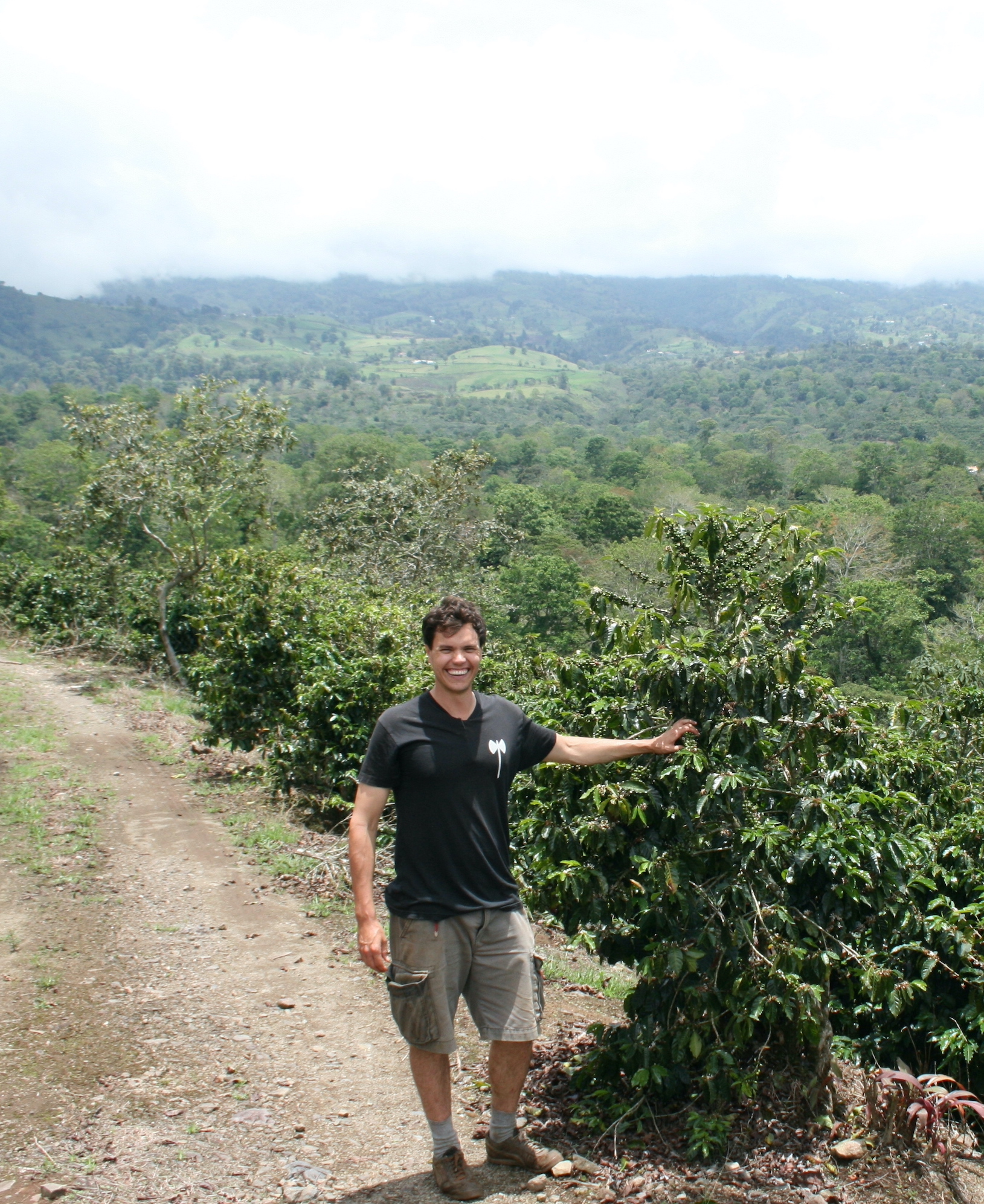Adam Martin
The long-term aim of our research is to understand how variation in plant functional traits mechanistically governs biogeochemical cycles and other key ecosystem functions, in managed and natural ecosystems. To realize this, we evaluate the extent and drivers of leaf-, stem-, whole-plant-, and root-trait variability across (a) tree species globally and (b) the world’s most common crops. Based on an understanding of trait variability, our work then seeks to explain and predict rates of key ecosystem processes at individual plant- to global scales, including: (a) above- and below-ground carbon (C) stocks and fluxes, (b) soil organic matter composition and cycling, and (c) plant- and ecosystem responses to environmental change drivers. The Global Environmental Change Lab at the University of Toronto Scarborough (UTSC) is accepting applications for funded PhD and MSc positions, for research in these areas. Research-stream positions with UTSC’s 12-month professional Masters of Environmental Science (MEnvSc) program are also available, though note this program is not fully funded.
Publications
Martin A, Domke G, Doraisami M, and Thomas S. (2021). Carbon fractions in the world’s dead wood. Nature Communications 12: 889.
Martin A (2021). Crop domestication, functional traits, and the boundaries of nature. Functional Ecology.
Martin A, Cadotte M, Isaac M, Milla R, Violle C, and Vile D (2019). Regional and global shifts in crop diversity through the Anthropocene. PLoS ONE 14(2): e0209788.
Martin A, Doraisami M, and Thomas S. (2018). Global patterns in wood carbon concentration across the world's trees and forests. Nature Geoscience 11(12): 915-920.
Martin A and Isaac M (2018). Functional traits in agroecology: advancing description and prediction in agroecosystems. Journal of Applied Ecology 55: 5-11.
People Type:
Roles:
Research Area:
Environment & Climate; Agroecology; carbon cycling; crop diversity; ecophysiology; environmental change; forest ecology; functional ecology; functional traits; wood traits.



